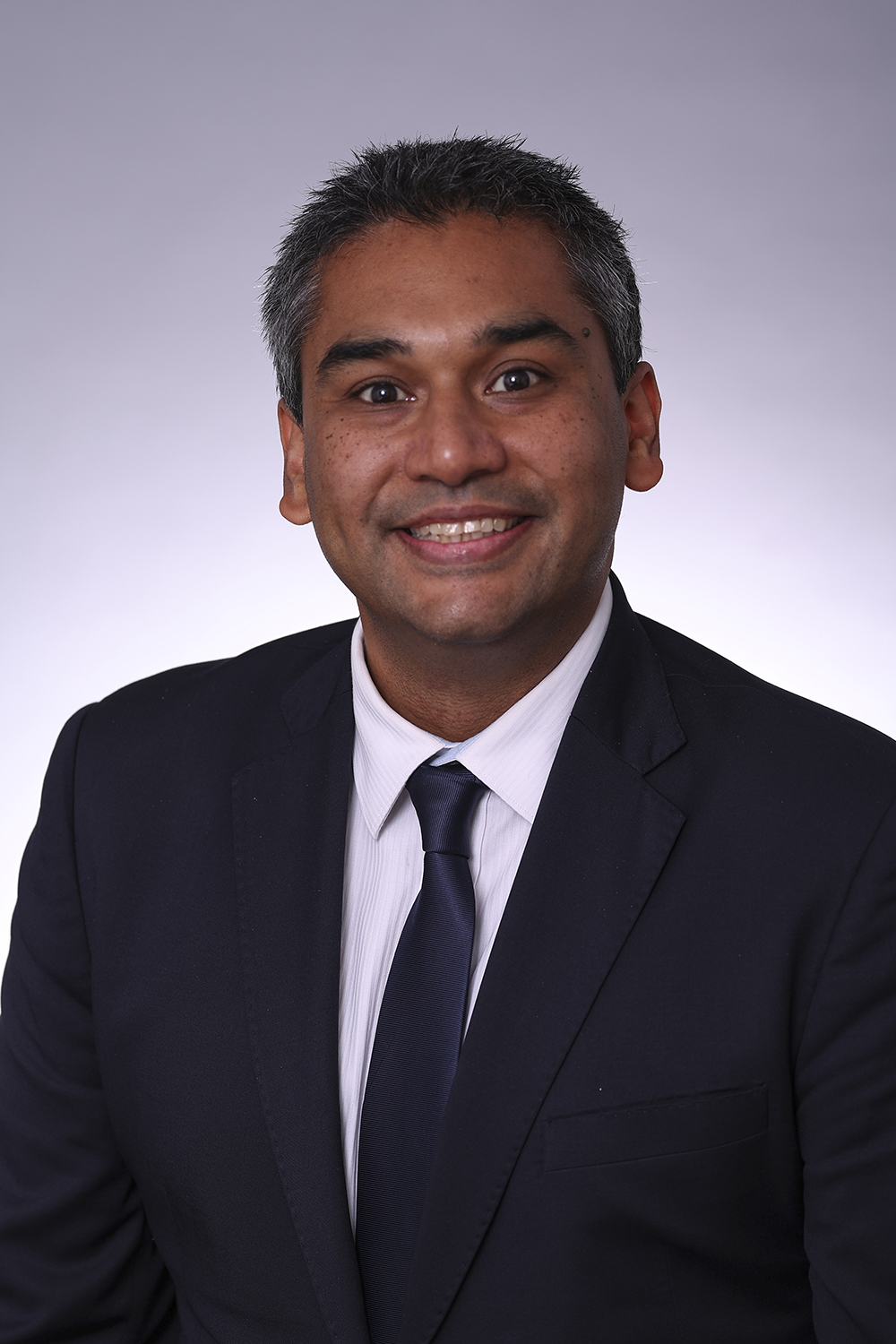Rudra Chaudhuri, Konark Bhandari
Experts
Rudra Chaudhuri

Former Director, Carnegie India
About
Rudra Chaudhuri is no longer with Carnegie India.
Rudra Chaudhuri was the director of Carnegie India. His research focuses on the diplomatic history of South Asia, contemporary security issues, and the important role of emerging technologies and digital public infrastructure in diplomacy, statecraft, and development. He and his team at Carnegie India chair and convene the Global Technology Summit, co-hosted with the Ministry of External Affairs, Government of India.
He is the author of Forged in Crisis: India and the United States Since 1947 (published in the UK by Hurst in 2013 and in the United States and South Asia by Oxford University Press and Harper Collins, respectively, in 2014). He is the editor of War and Peace in Contemporary India (published in the UK by Routledge in 2022). His research has been published in scholarly journals such as The International History Review, Diplomacy & Statecraft, the Journal of Strategic Studies, International Affairs, RUSI Journal, India Review, and Defense Studies, along with other academic and policy-focused journals.
He has served as a lecturer and a senior lecturer at the Department of War Studies at King’s College London from 2009 to 2022 (on leave since 2018). In 2012, he established the UK Foreign, Commonwealth, and Development Office’s (FCDO) Diplomatic Academy for South Asia at King’s College London. He served as its founding director from 2013 to 2022. He previously taught at the UK Joint Services Command and Staff College. He holds a PhD in War Studies from King’s College London. In February 2024, he was nominated as a visiting senior research fellow at the Department of War Studies at King’s College London. He also serves on the Asia Advisory Board of La Trobe University in Australia.
Affiliations
Education
PhD, King’s College London, MA, University of Exeter, UK, BA, St. Stephen’s College, Delhi University
Languages
Bengali, English, Hindi
